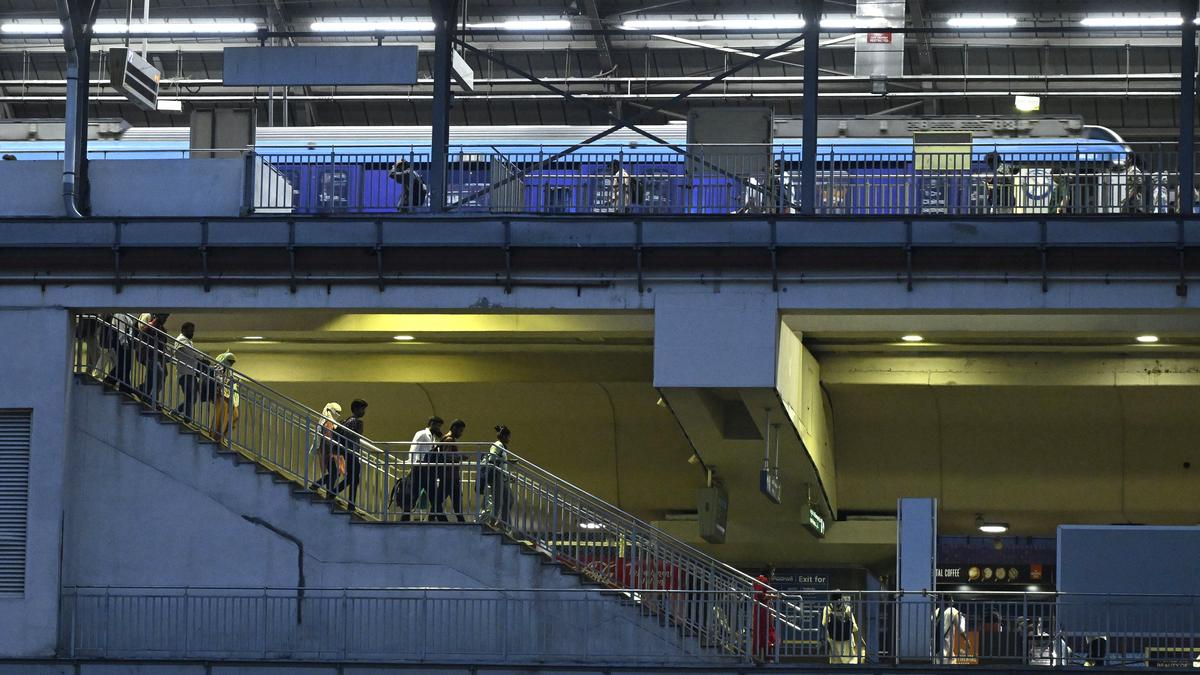More than half a century after they answered the nation’s call in its hour of need, hundreds of Emergency Commissioned Officers (ECOs) and Short Service Commissioned Officers (SSCOs) are still fighting, not on the battlefield, but in the courts, for what they say is their rightful due: a pension.
Leading the fight
At the forefront of this legal battle is 81-year-old retired Captain Maharaj Singh Uppal, commissioned on September 6, 1970, who served 10 years in the Indian Army. Today, he leads the fight as president of the All India Short Service Commissioned Officers Welfare Association.
The association draws members from the Army, Navy, and Air Force. “Some officers fought the 1965 and 1971 wars,” recalls Captain Uppal.
Legal battle and delays
In 2019, the association filed a petition before the Delhi High Court seeking pension benefits for these officers. After remaining pending for seven years, the case was transferred last month to the Armed Forces Tribunal (AFT). The tribunal will examine the issue of “maintainability”—whether it has jurisdiction to hear the case.
“For the veterans, many now in their late seventies and eighties, the prolonged legal process has been discouraging. Thirty two retired officers passed away while awaiting a final outcome”, Mr Uppal told The Hindu.
The octogenarian explained that the demand for pension traces its roots back to the years following the 1962 Sino-Indian war. To rapidly expand officer cadre, the government inducted thousands of young men as Emergency Commissioned Officers (ECOs) between 1963 and 1966. Later, the Short Service Commission (SSC) was introduced from 1966 onward.
The tenure of service for SSCOs ranged between 5 and 14 years, depending on extensions granted.
Unequal treatment
In its petition, filed through advocate Pallavi Awasthi, the association pointed out that, while permanent commissioned officers (PCOs) in the Army, Navy, and Air Force are covered by pension regulations, no such provision exists for those who served under short service or emergency commissions.
The absence of pension has defined their post-service lives of the officers. “I was thrown out after serving 10 years,” recalls Captain Uppal, adding, “I used to do two jobs, just to support my children and send them to a good school.”
Other veterans echo their sense of injustice. Rajinder Singh Litt, commissioned in September 1978 and having served nine years under the Short Service Commission, says, “There should be no artificial classification between officers while considering pension.”
Younger SSC officers preparing to retire face similar uncertainties. A 38-year-old helicopter pilot in the Indian Air Force from the SSCO, due to retire this December, explained: “I just started my resettlement course. This generally starts within one year before retirement. Now, there is no guarantee that one will immediately get a job after this. The path is uncertain as to where I am going.”
His years of service, he adds, were no different from those of his permanent commission counterparts. “I have spent almost six years in the north-east and over three years in the Jammu and Kashmir sector. So, there is no difference between short service and permanent commission when it comes to service.”
Legal argument
Advocate Awasthi pointing to the Army Act said, “Section 2A of the Army Act, 1950 covers officers without mentioning type of commission, which is defined in Section 3(xviii). The Act therefore recognises PCOs and SSCOs at par for all purposes.”
Mr. Uppal, additionally, pointed out that the government, since the beginning in 1966, had mentioned in recruitment advertisements that pensionary benefits for SSCOs are ‘Under Consideration’.
Next step
Meanwhile, the High Court, in its judgment passed on August 25, has asked the Armed Forces Tribunal to consider the maintainability of the association’s petition within a period of four weeks.
In case the Armed Forces Tribunal is of the opinion that the petition is not maintainable, then the records will be re-transmitted to the high court so that it can proceed ahead for hearing of the matter on merit.



.png)
.png)
.png)
















 2 hours ago
4
2 hours ago
4







 English (US) ·
English (US) ·